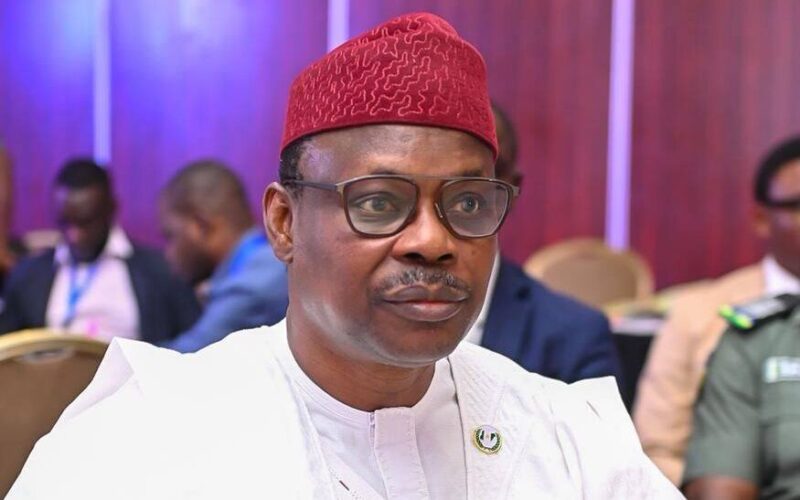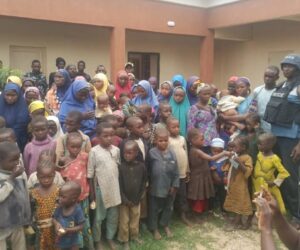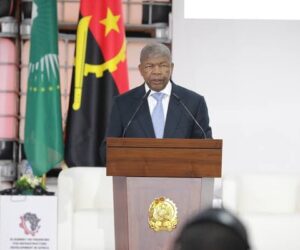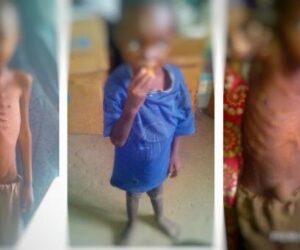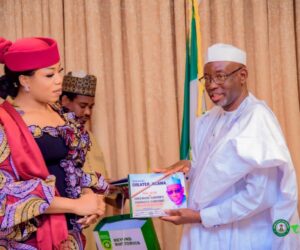The Minister of State for Health and Social Welfare, Iziaq Salako, has acknowledged that Nigeria’s health financing remains critically low despite recent reforms aimed at building a resilient and inclusive health system.
Mr Salako, who spoke on Thursday in Abuja at the Day 2 of the 2025 Joint Annual Review of the Health Sector, said that while progress has been made in several areas, the health sector still faces several challenges ranging from low funding to high out-of-pocket expenditure, workforce shortages, and weak infrastructure.
He noted that the progress is not happening at the pace required to meet the health needs of over 230 million Nigerians.
“Too many mothers still die in childbirth, too many children don’t reach their fifth birthday, and too many families are impoverished by healthcare costs,” he said.
‘Health financing far below target’
Mr Salako noted that government spending on health stood at 5.2 per cent of the national budget, far below the 15 per cent target set by African leaders in the Abuja Declaration of 2001.
He said Nigeria’s per capita health expenditure was approximately $43 (about N67,000) as of 2024, a figure he described as insufficient for a country of Nigeria’s size and health burden.
The minister added that although the National Health Insurance Authority (NHIA) has expanded coverage to an estimated 10-12 per cent of the population, out-of-pocket spending still accounts for 71 per cent of total health expenditure, pushing millions of Nigerians into poverty every year.
“These figures underscore the twin challenges of insufficient investment and catastrophic health expenditure that push millions of Nigerians into poverty annually,” he said.
History of low health budgeting
For decades, Nigeria has struggled with underfunding of its health sector, it only allocates less than six per cent of its national budget to health which is far below the 15 per cent target set under the 2001 Abuja Declaration.
With out-of-pocket payments accounting for over 70 per cent of total health expenditure, Nigeria also has one of the world’s highest rates of household spending on healthcare.
Per capita health spending remains low, averaging about $40 to $50 in the past decade, while health insurance coverage is estimated at just 10 to 12 per cent despite recent reforms.
Nigeria still off track on global health targets
Mr Salako said that while maternal and child health indicators have improved, Nigeria remains off track to meet the Sustainable Development Goals (SDG) target of reducing under-five mortality to less than 25 deaths per 1,000 live births by 2030.
According to the 2023 Nigeria Demographic and Health Survey (NDHS), maternal mortality ratio is 512 deaths per 100,000 live births, down from 576 in 2018, and under-five mortality rate of 110 deaths per 1,000 live births, compared to 132 in 2018.
Also, Nigeria still accounts for approximately 14 per cent of global maternal deaths and nine per cent of global under-five deaths, despite representing only 2.6 per cent of the world’s population.
“While these figures show some improvement, they remain not complimentary enough for a nation of our stature, resources and ambition,” he said.
‘We have made progress, but challenges persist’
The minister outlined several achievements under the Nigerian Health Sector Renewal and Investment Initiative (NHSRII), a coordinated framework aligned with President Bola Tinubu’s Renewed Hope Agenda, aimed at ensuring effective, collaborative, synergistic and non-siloed implementation to deliver a health system that is prepared for, responds to and recover from shocks.
He cited the Basic Health Care Provision Fund (BHCPF) and the NHIA Act 2024 as examples of key reforms that have improved access to primary care and health insurance coverage.
According to him, more than 20 million Nigerians have now been enrolled into care through various health insurance mechanisms (formal sector enrollment, the vulnerable group programme and the BHCPF) at both national and subnational levels, while PHC quality scores have improved from 42 to 67 per cent between baseline and endline assessments.
However, he admitted that systemic issues persist, particularly around funding gaps, brain drain, supply chain weaknesses, and infrastructure deficits.
“Despite commendable progress made so far, significant challenges impede our march toward health system resilience. The challenges are multifaceted ranging from funding gaps, existing fragmentation and coordination challenges,” he said.
“We have refused to be defined by our challenges; rather, we have taken a determined stance to change the narrative once and for all.”
Commitment to stronger accountability and collaboration
Mr Salako said the federal government is prioritising health financing reforms and will continue to push for increased budgetary allocations at both national and state levels.
He pledged that the ministry would ensure guaranteed releases of the BHCPF, improved capital expenditure release, and the honouring obligations attached to Health Infrastructure Bond.
“Accountability will be both at the federal and state levels. We will continue to ensure transparent and judicious use of allocated health resources.”
He also said the administration will continue to encourage the states to meet their health budget benchmarks and ensure that counterpart funding is released to match donor fund obligations.
READ ALSO: Nigeria’s Health Financing Dialogue: Promises, gaps and the road ahead
“Accelerating forward requires strong political commitment to prioritise health in our national budget, financial discipline, technical excellence, collaboration across sectors, and innovation to leapfrog traditional development pathways and accountability,” he added.
He said the government would continue to invest in human resources, digital health systems, and climate-resilient infrastructure, while improving access to essential medicines and primary healthcare.
“The resilient health system we seek is one where every Nigerian, regardless of location or income, can access quality healthcare without financial hardship,” he said.

